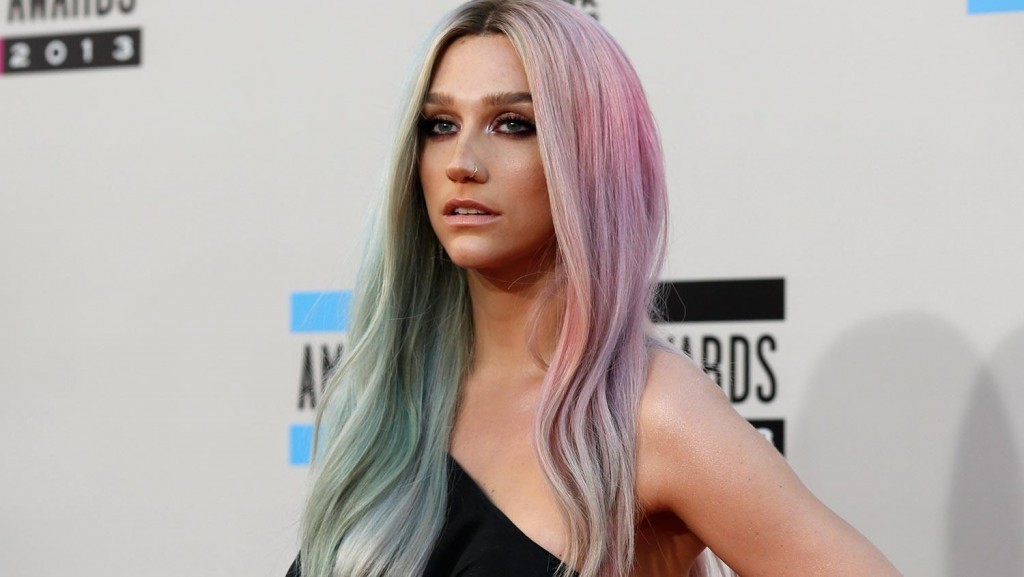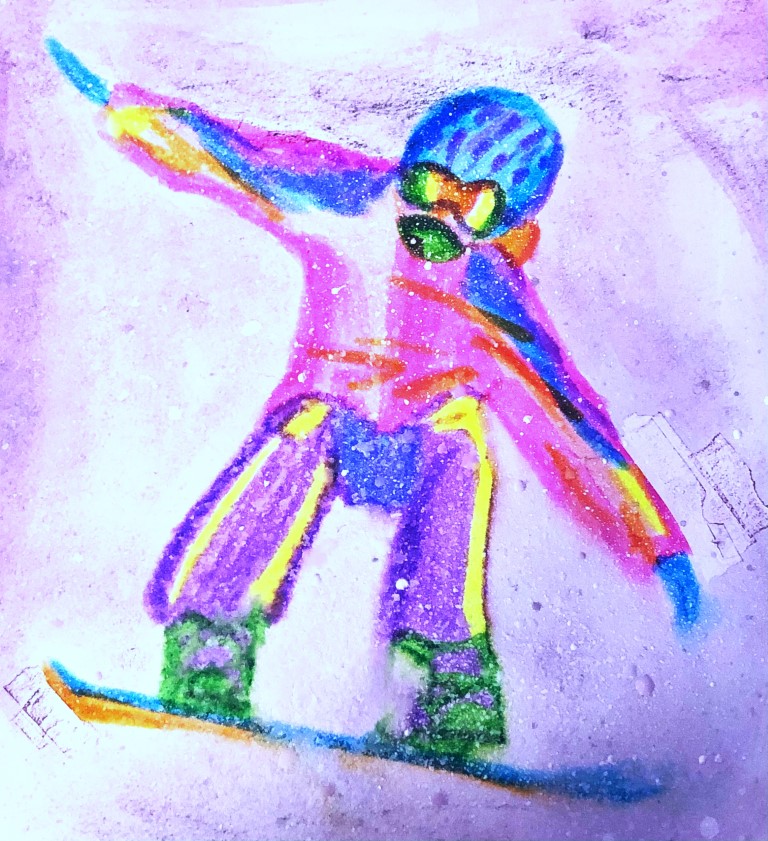
A woman has been bound to her alleged abuser by contract, and the rest of the music world isn’t taking it lying down
By Rebecca Peterson, Staff Writer
On February 24, Adele took the stage at the annual Brit Awards to accept her award for best female solo artist. After thanking her fans and the other nominees, she made a statement that’s been making headlines worldwide:
“I’d like to take a quick second just to thank my management and my record label for embracing the fact that I’m a woman and being encouraged by it. I’d also like to take this moment to publicly support Kesha.”
Here’s the rundown: Kesha has been trying to have her contract that ties her to Dr. Luke annulled after years of alleged emotional and sexual abuse starting when she was just 18 years old. Sony has fought against this, and won, meaning that Kesha is contractually obligated to produce six more albums with a man who allegedly drugged and raped her. If she were to produce music outside of this contract, she runs the risk of being sued by Sony and Dr. Luke for breach of contract, the financial burden of which could not only end her career but also bankrupt her.
In past cases of women in entertainment industries being abused by men they work for, the precedence set has not been good. When Kristen Stewart had a relationship with her director, who was married, she paid the price of having to apologize publicly, losing her role in future movies as well. The age difference was not taken into account, the fact that this man was in a position of power over her was not taken into account, and the indisputable fact that he was married and she was not was not taken into account.
Often, women in these positions have been depicted as having “fallen from grace,” the men who’ve taken advantage or outright assaulted them never having to face real consequences for their actions. Dr. Luke, who’s had more than one singer who’s worked with him speak out against him (Kelly Clarkson being one of them), is being protected by Sony for the simple assumption that he will make Sony more money than Kesha in the long run.
The reason why many of these other cases of abuse have gone so badly is because they’re often underreported, or reported in such a way that the victim is blamed for the actions of their abuser. This is unfortunately common in a lot of rhetoric surrounding sexual assault.
It would have been easy for Kesha’s case to slip under the rug. Because of the legal proceedings, she’s been unable to produce new music for years. The media often painted her as a vapid party girl, despite her genius-level IQ and social activism. Kesha could have been the easy victim of a broken system that’s failed so many people before her.
But this is not the case.
The world is speaking out in defence of Kesha, loudly, publicly, and in no uncertain terms. Taylor Swift has donated $250,000 to help pay for Kesha’s legal fees, and recently Lady Gaga posted a picture of herself holding Kesha’s hand. Her fans have not forgotten her during her musical hiatus, promising a warm welcome when she’s able to return.
From the disheartening announcement that Kesha would not be released from her contract, a powerful message has arisen: the public has taken the side of the victim, not the abuser. As much as Sony and Dr. Luke might have threatened to let Kesha’s career fall into obscurity, they cannot control what has become the ruling narrative of this case. Abuse victims, who have often been silenced in the past, can look on this with hope that the world is starting to change for the better.
As Kesha herself said in a recent statement:
“If you have been abused, please don’t be afraid to speak out. There are places that will make you feel safe. There are people who will help you. I for one will stand beside you and behind you. I know now how this all feels and will forever fight for you the way perfect strangers have been fighting for me.”
It doesn’t undo the harm, physical and psychological, that was done. But I’m certain that on the path to recovery and renewal, it’s a damn good start.



